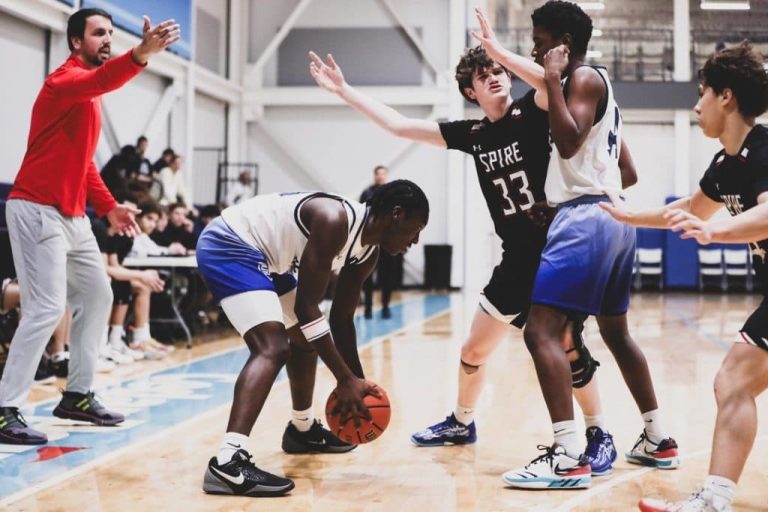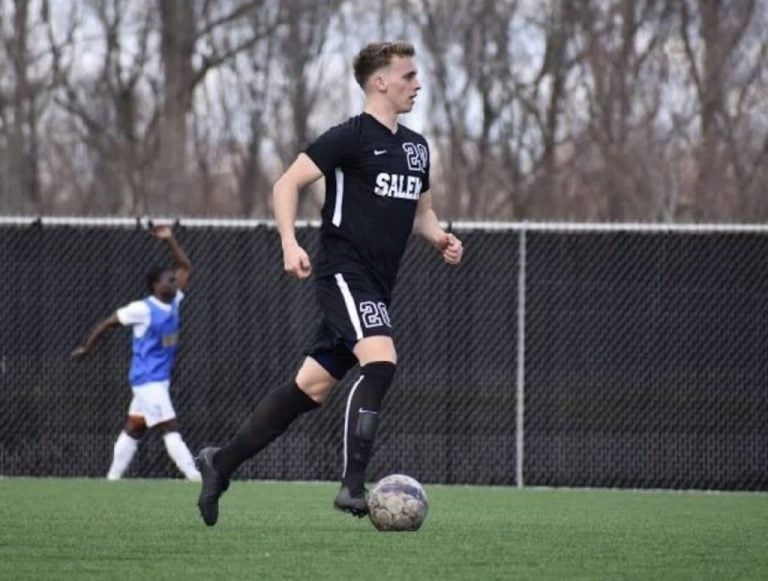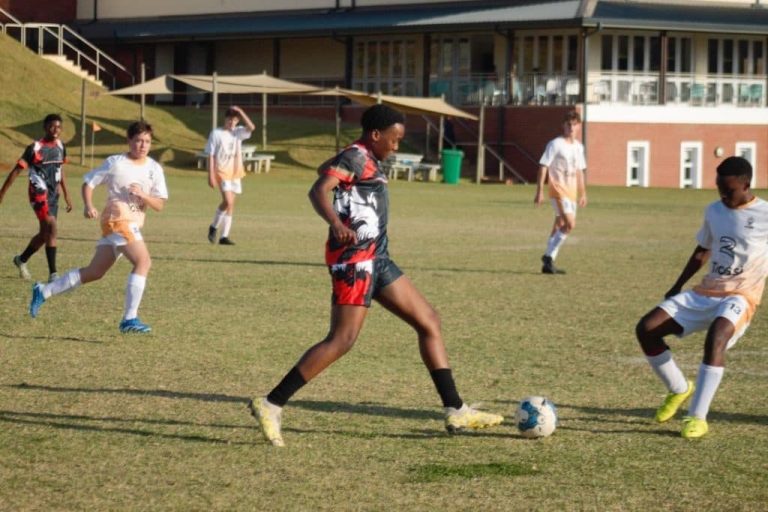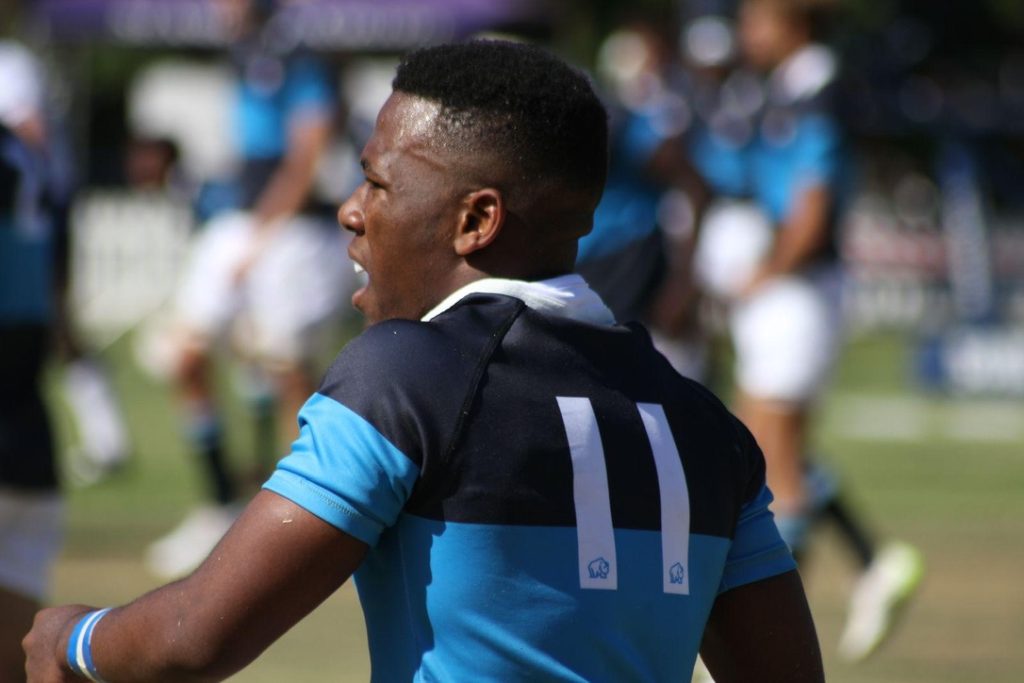
If you’re wondering when the “right time” is to start the college recruiting process, you’re not alone. It’s one of the most common questions we get from athletes and parents. The truth is, the earlier you start, the better your chances of earning a roster spot and securing a sports scholarship.
This guide will walk you through the ideal timeline, what starting early really means, and how to set yourself up for success in the college recruiting journey.
Start Early, But Start Smart
College recruiting is a long game shaped by visibility, preparation, and timing. The more time you give yourself to build relationships with coaches, improve your athletic profile, and explore your options, the more control you will have over your outcome.
At AllRecruit, we recommend beginning the recruiting process as early as age 13 or 14, particularly if you are aiming to play at a high level in NCAA Division 1 or Division 2, NAIA, or top junior college programs. Early recruiting gives you time to attend camps, build highlight videos, and get on coaches’ radars before your competition does.
But starting early is not the only factor. If you are beginning later, you will need a different strategy, and we have worked with athletes who started in their junior or even senior year and still earned great offers.
It’s Not Just About Age, It’s About Preparation
Some athletes receive their first offers in 9th grade. Others receive them in 12th grade. What matters most is how prepared you are with:
- A strong athletic resume or player profile
- Quality game footage or highlight reels
- Verified stats and academic records
- The right recruiting strategy and support system
Preparation means understanding the recruiting rules for your sport, knowing when coaches can contact you, and making sure you meet both athletic and academic requirements.
That is where AllRecruit comes in. We guide athletes through every step so they can focus on playing their best while we handle the recruiting details.
Why Starting Early Matters in the Recruiting Process
Starting early gives you a clear advantage because it allows more time for:
- Skill Development: More off-seasons and training cycles to improve.
- Coach Relationships: Time to build trust and familiarity with programs.
- Campus Exposure: More opportunities to attend showcases, visits, and tournaments.
- Academic Planning: Ensuring you meet eligibility requirements for NCAA, NAIA, or JUCO.
The earlier you begin, the more time you have to make adjustments based on feedback from coaches and recruiters.
Sport-Specific Recruiting Timelines
Every sport has a slightly different recruiting timeline. For example:
- Basketball and Soccer: Recruiting can start as early as middle school for elite players.
- Baseball and Softball: Often start identifying athletes between freshman and sophomore year.
- Track and Field, Swimming, Tennis: Recruiting tends to happen later, but top athletes still benefit from early exposure.
- Rugby: Many college rugby programs recruit later than traditional NCAA sports, often during junior and senior year. However, athletes targeting top U.S. rugby schools can benefit from starting early to secure video footage, attend showcases, and connect with coaches before major tournaments.
Knowing your sport’s recruiting calendar can help you plan when to start reaching out to coaches and attending events.
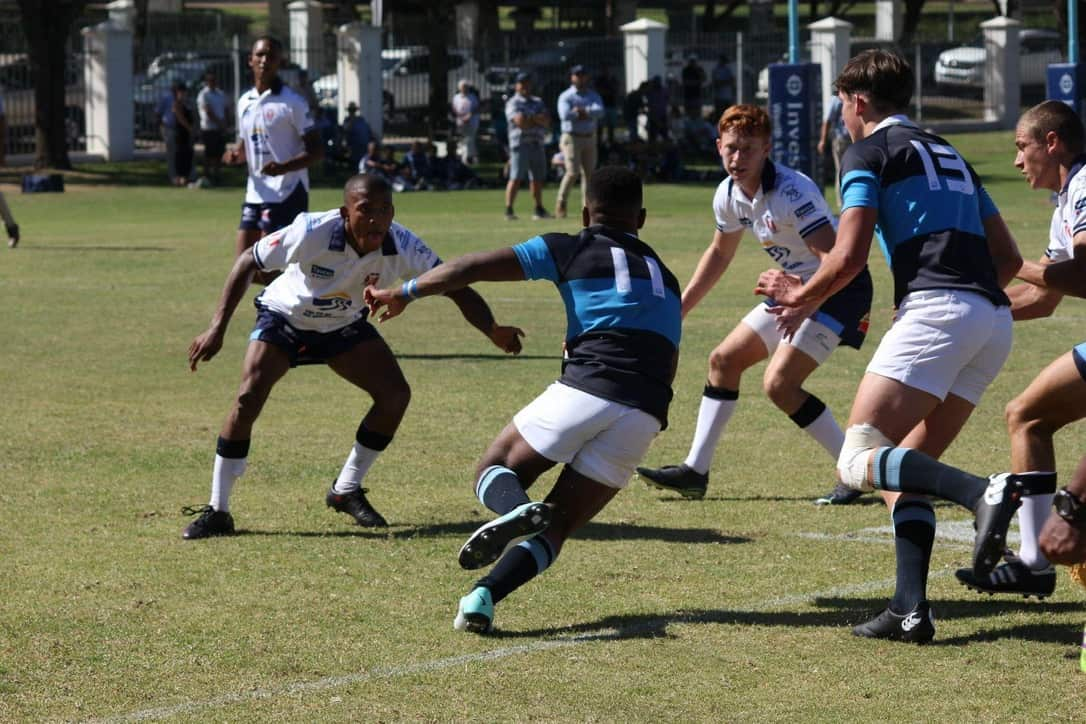
Common Myths About When to Start
Myth 1: “If I’m not recruited by sophomore year, it’s over.”
Reality: Many athletes commit during junior and senior year, especially at Division 2, Division 3, NAIA, and JUCO levels.
Myth 2: “Coaches will find me if I’m good enough.”
Reality: College coaches rarely just “find” athletes. Proactive outreach is key.
Myth 3: “I need to wait until I’m ready.”
Reality: You get ready by starting. The earlier you begin, the more polished your profile will be when it counts.
FAQs
Q: Is it too late to get recruited in my senior year?
A: No. While starting earlier can help, we have placed athletes in top programs who began the process in their final year of high school. It simply requires a more focused and accelerated approach.
Q: When should I start contacting college coaches?
A: You can start introducing yourself to coaches as early as freshman year, especially if you have strong stats or highlight footage.
Q: What is the first step in the recruiting process?
A: Creating a professional athlete profile with academic information, verified stats, highlight videos, and contact information for coaches.
Don’t Wait to Be “Ready”, Get Ready Now
Whether you are thinking ahead or trying to catch up, it is never too early or too late to take control of your recruiting journey. The key is starting with the right guidance and a clear plan.
At AllRecruit, we handle outreach to coaches, highlight video distribution, and profile building so you can focus on competing and improving.
Ready to Take the First Step?
Let’s talk about your timeline, your goals, and how we can help you get recruited.
